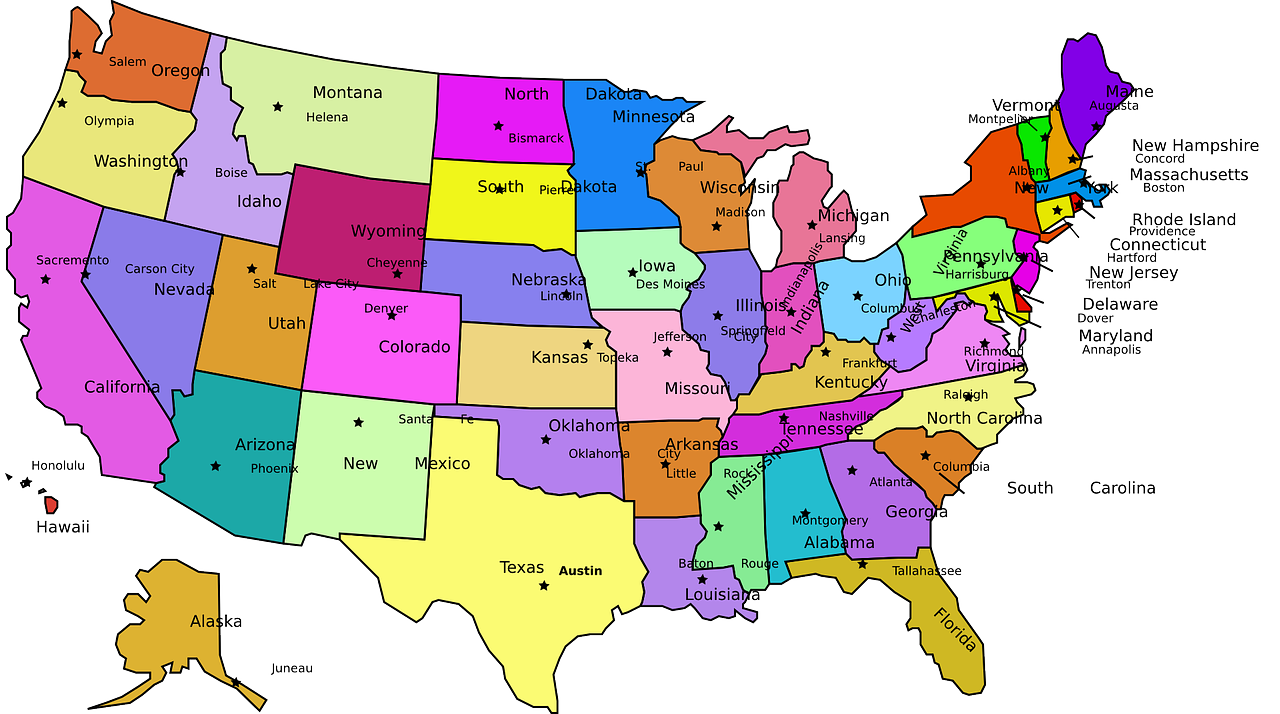 For 2018 through 2025, the Tax Cuts and Jobs Act (TCJA) limits an individual taxpayer’s annual SALT (state and local tax) deductions to a maximum of $10,000, with no carryover for taxes paid in excess of that amount.
For 2018 through 2025, the Tax Cuts and Jobs Act (TCJA) limits an individual taxpayer’s annual SALT (state and local tax) deductions to a maximum of $10,000, with no carryover for taxes paid in excess of that amount.
(The SALT deduction limit doesn’t apply to property taxes paid by a trade or business or in connection with the production of income.)
As a result of this change, many taxpayers will not get a full federal income tax deduction for their payments of state and local taxes.
Following the TCJA’s passage, some high-tax states implemented workarounds to mitigate the effect of the SALT deduction limit for their residents. One method used was the establishment of charitable funds to which taxpayers can contribute and receive a tax credit in exchange.
The IRS has issued proposed regulations, which would apply to contributions after Aug. 27, 2018, that effectively kill this workaround. The regulations would provide that a taxpayer who makes payments to or transfers property to an entity eligible to receive tax deductible contributions must reduce his or her charitable deduction by the amount of any state or local tax credit the taxpayer receives or expects to receive.
IRS also clarified that the proposed regulation crackdown on the SALT limitation workaround doesn’t apply to businesses. In other words, a business generally can deduct a payment to a charitable or governmental entity if the payment is made with a business purpose.
